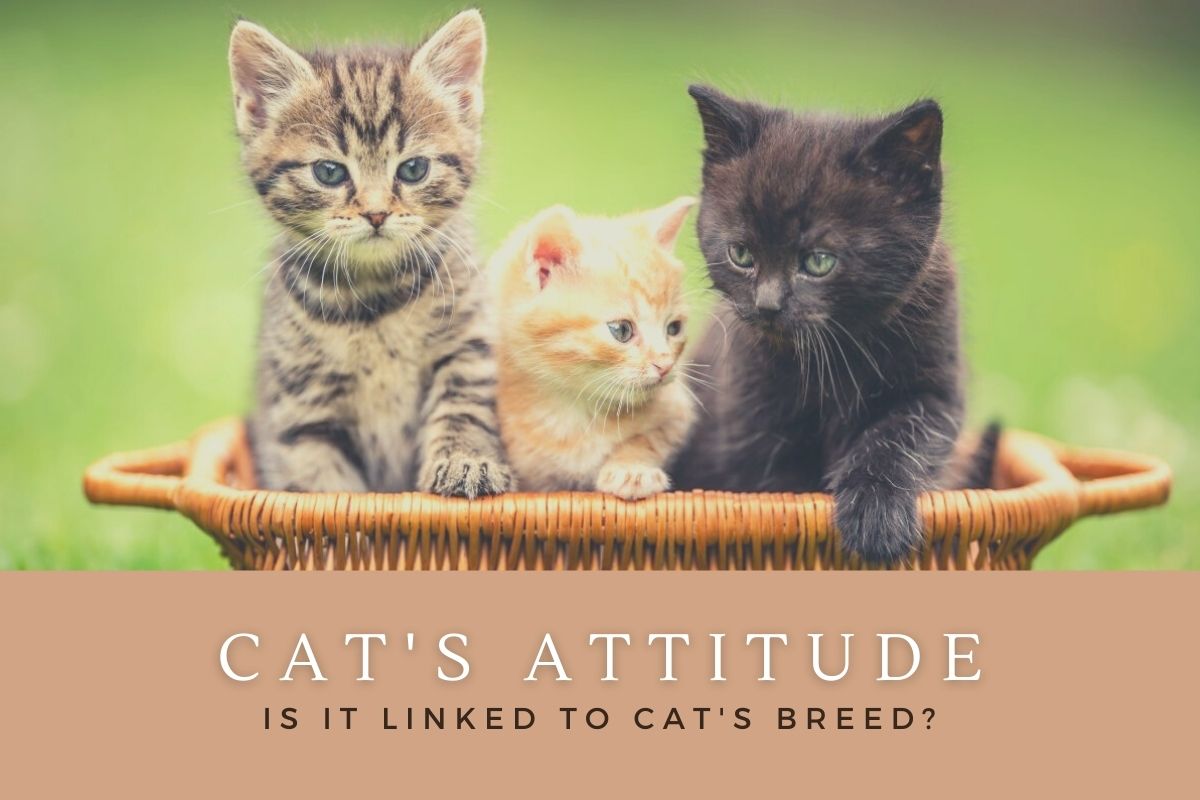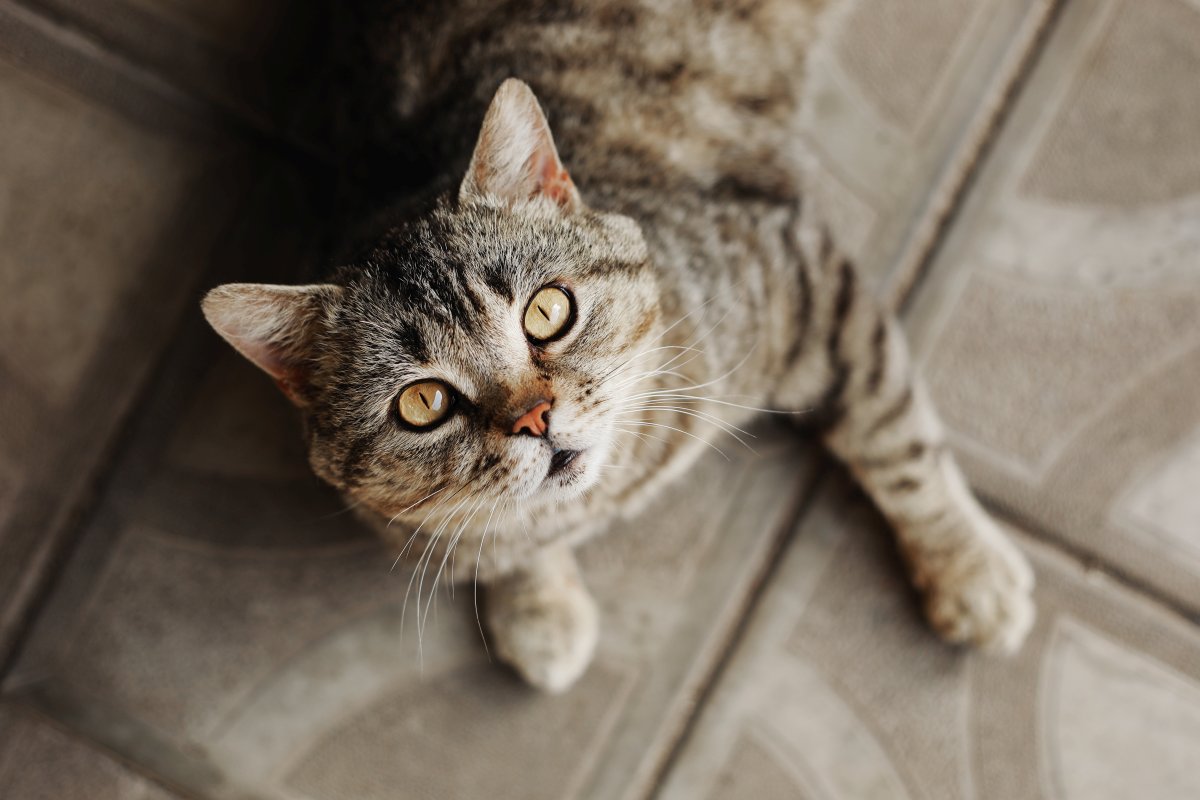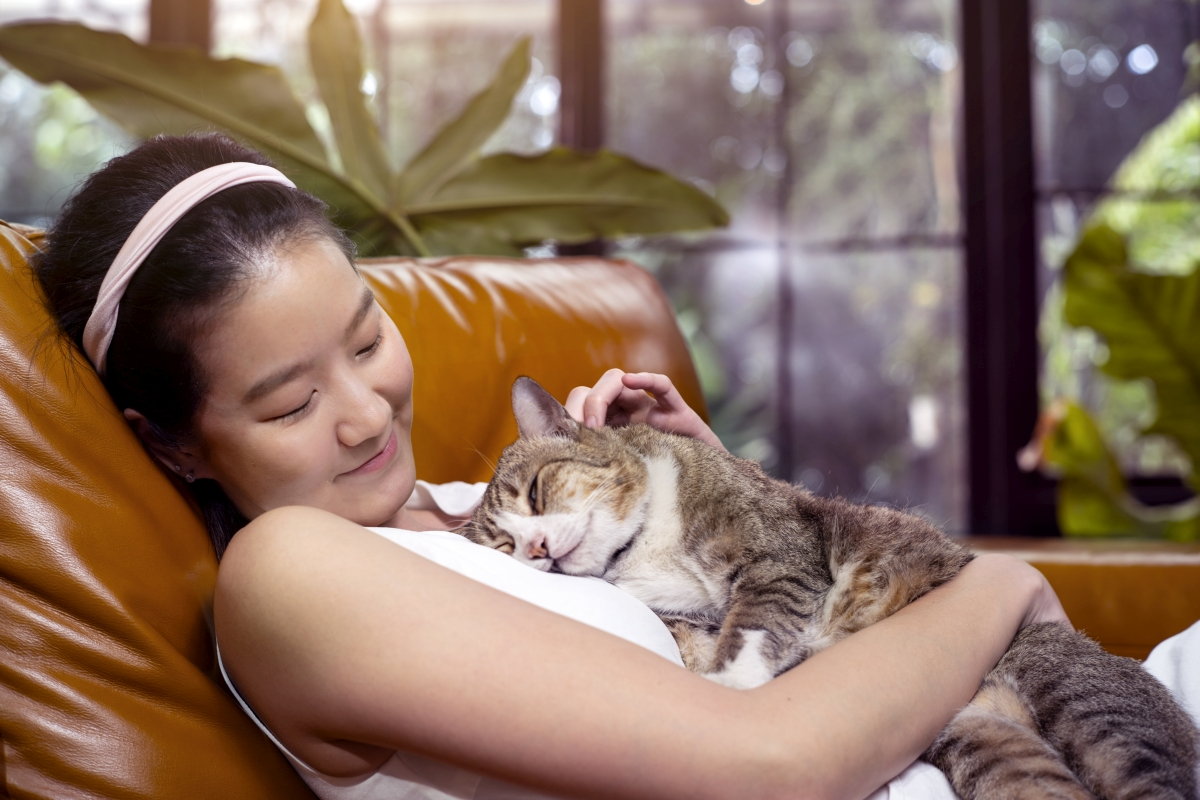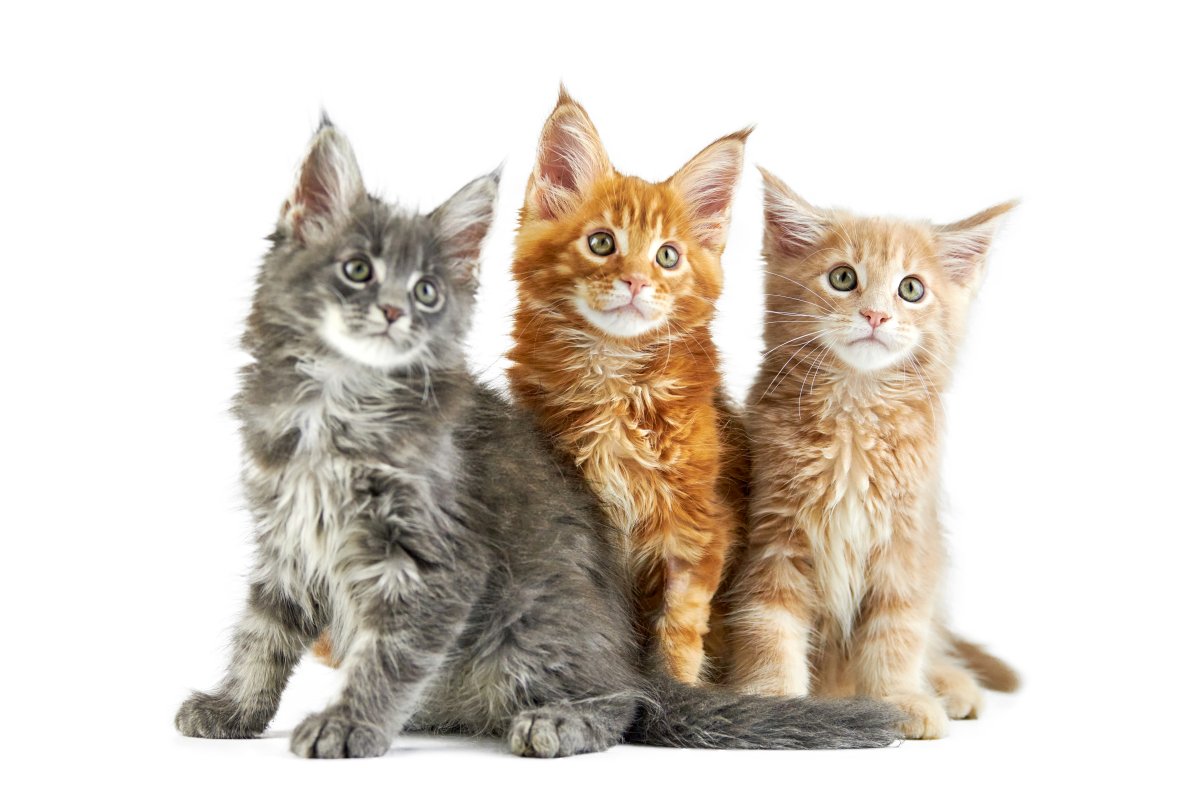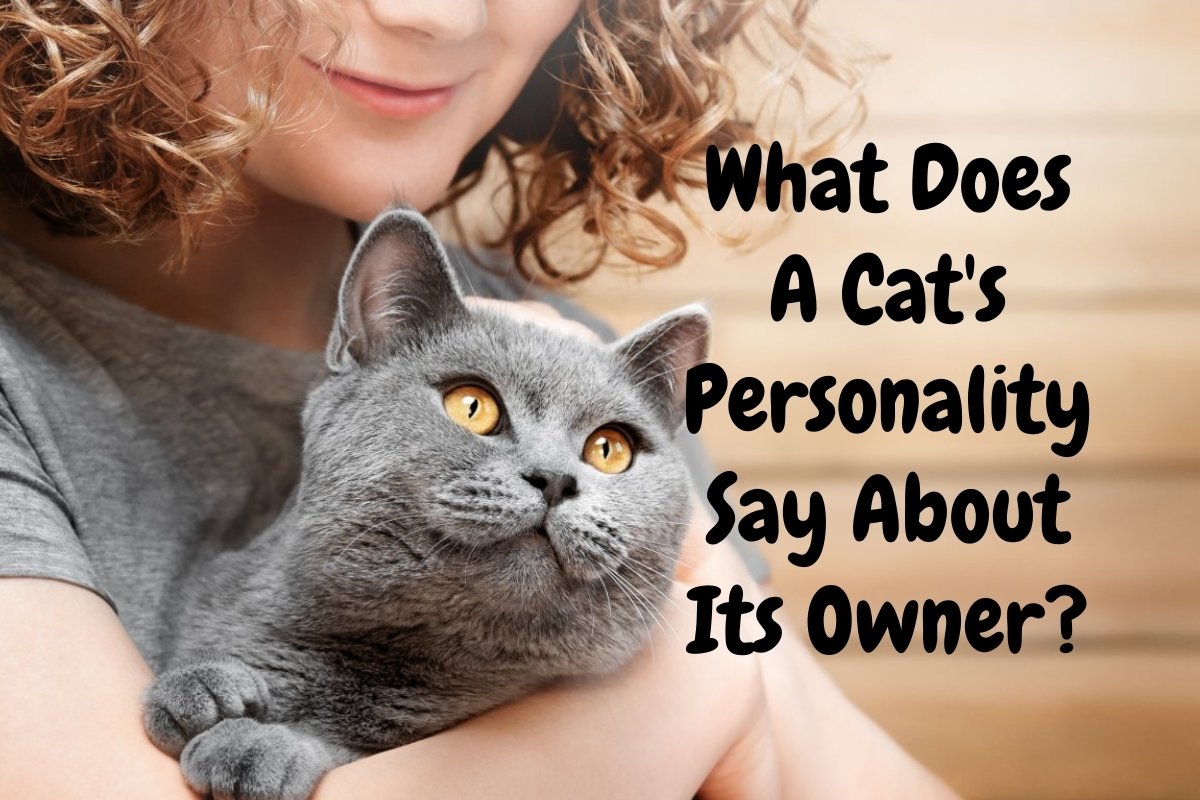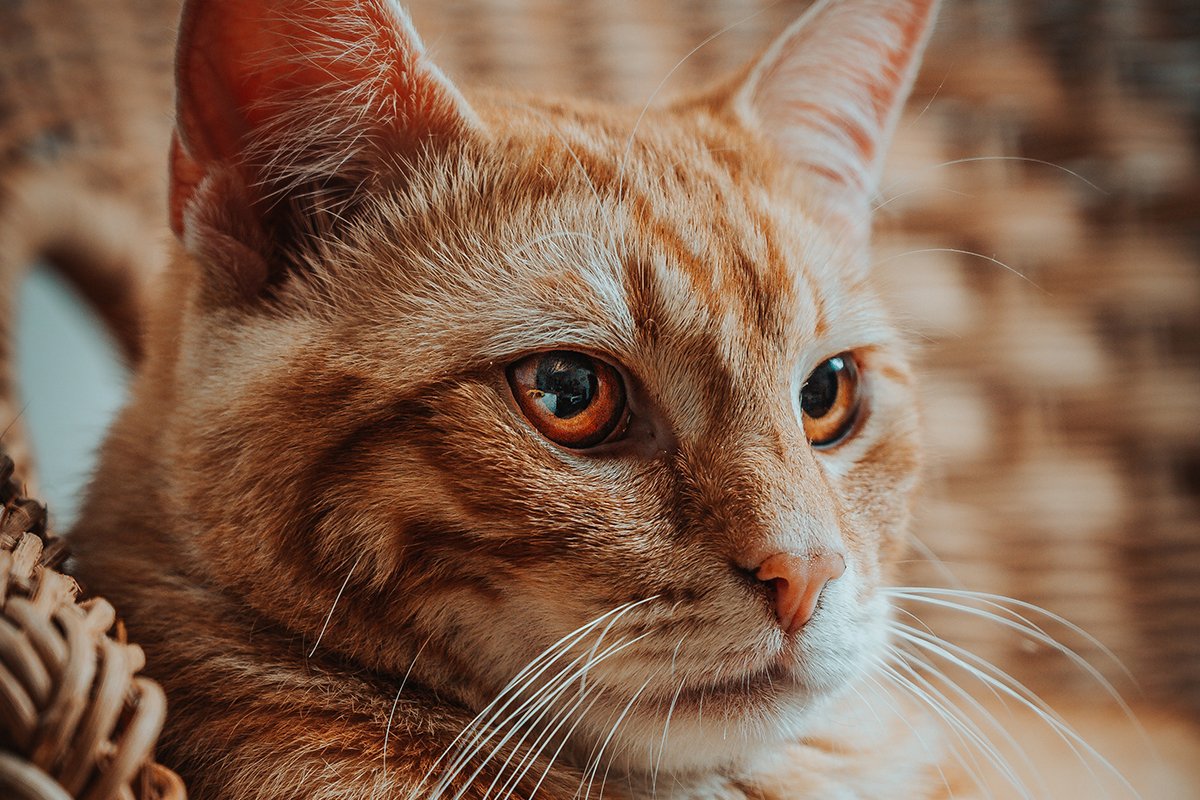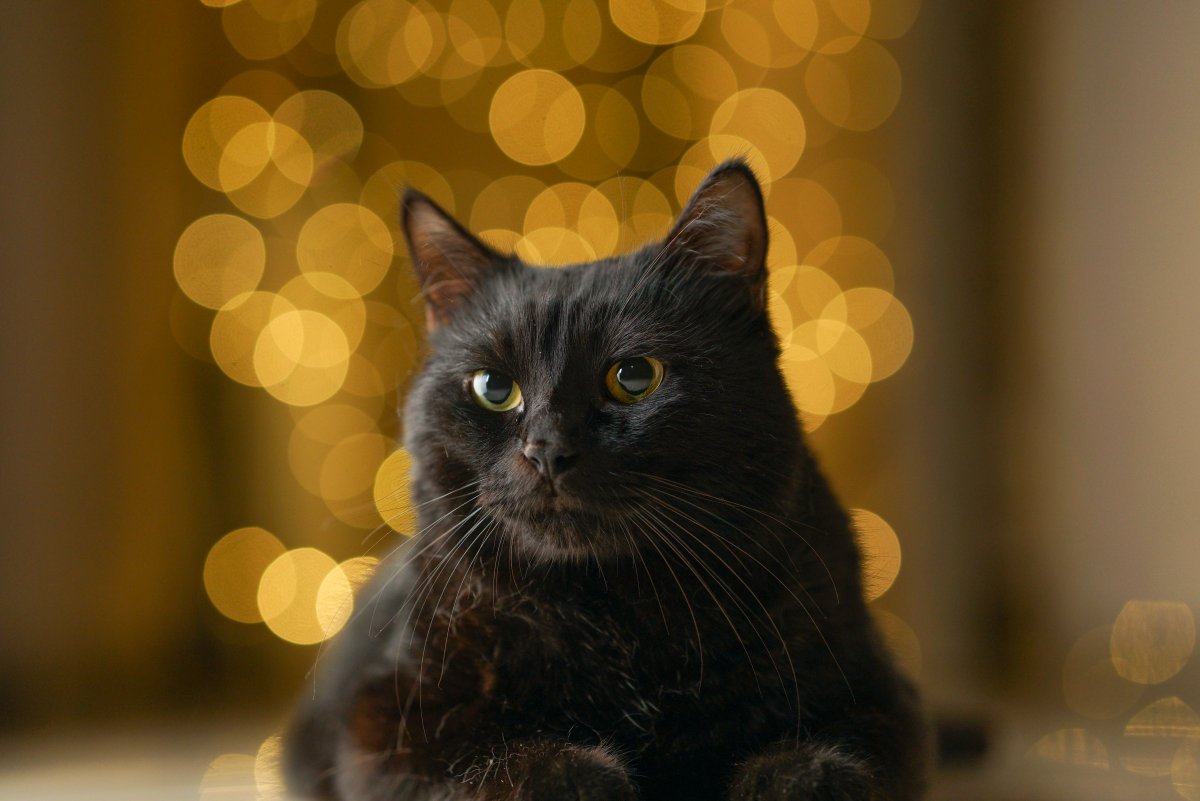First of all, it is important to remember that every kitten has a different personality and traits. Whether a particular breed is described with ‘a friendly trait,’ the cats in those breeds will also differ from each other. However, a cat’s breed is undoubtedly a major factor that creates a cat’s attitude.
There Are Specific Behaviors That Are Closely Associated With Some Cat Breeds
It is a fact that some behavioral traits are visibly and commonly associated with a few different cat breeds. A good example of this is ragdolls, generally known as relaxed and affectionate cats with very friendly personalities.
However, Russian blues are associated with introverted traits like being reserved but also highly intelligent.
What Do The Studies Suggest About Cats’ Attitudes And Breed?
Many studies have been conducted, and investigations have been performed to confirm whether a cat’s attitude depends on the breed or not and if it is closely related to the specific behaviors.
In the journal of scientific reports, the first study published has investigated if felines show differences in the behavior because of breeds and how these traits pass down from one generation of cat breeds to the next.
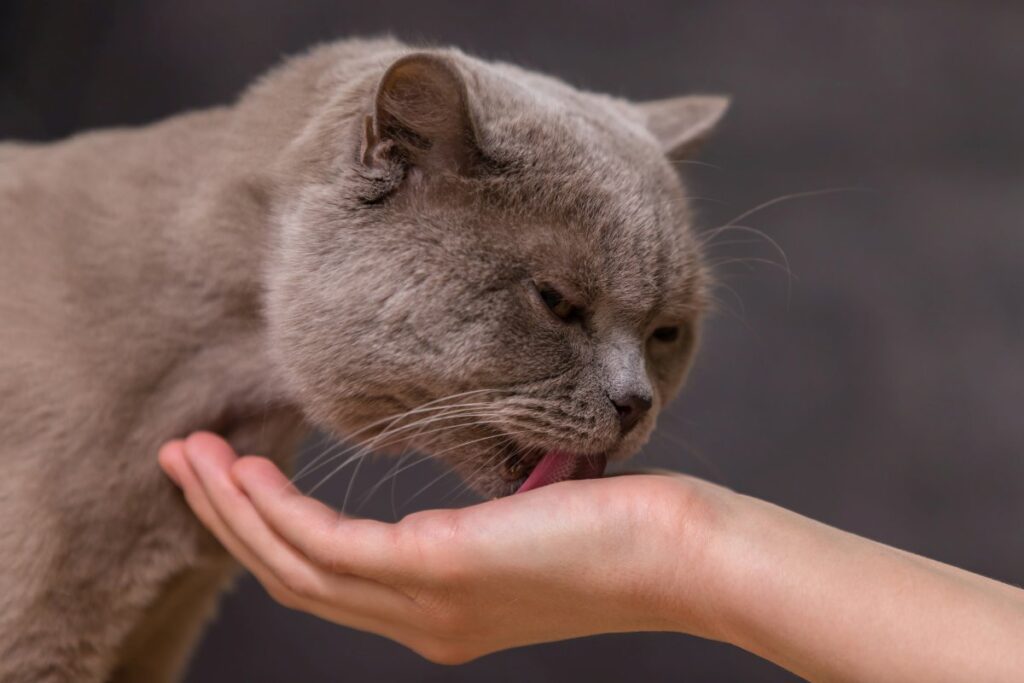
The team of researchers at the University of Helsinki investigated and drew on the data, which detailed and listed around 5,726 cat’s attitudes and behaviors which identified the patterns in between the breeds and gauged heritability.
The team concluded that different breeds have different behavior, and the cat’s attitude usually depends on that. These behaviors typically include their activity levels, how social they tend to be, and their aggressiveness. Half of these traits tend to be inherited.
According To Studies, Which Characteristic Is Most And Least Associated With Breed?
Many findings have proved that the most evident differences among breeds shown were related to the activity. However, the slightest difference was found and centered on the stereotypical behavior.
Moreover, the repetitive behavior which is most prolonged, e.g., chewing and pacing, is known as the stereotypes.
Do Only Genetics Play A Part In A Cat’s Temperament And Behavior?
It is now known that genetics and breed do play a significant part in cats’ attitudes and behavior. However, it is also important to understand that the early experiences in a cat’s life also greatly influence the character and the cat’s attitudes. This can be related to how they have spent most of their early weeks.
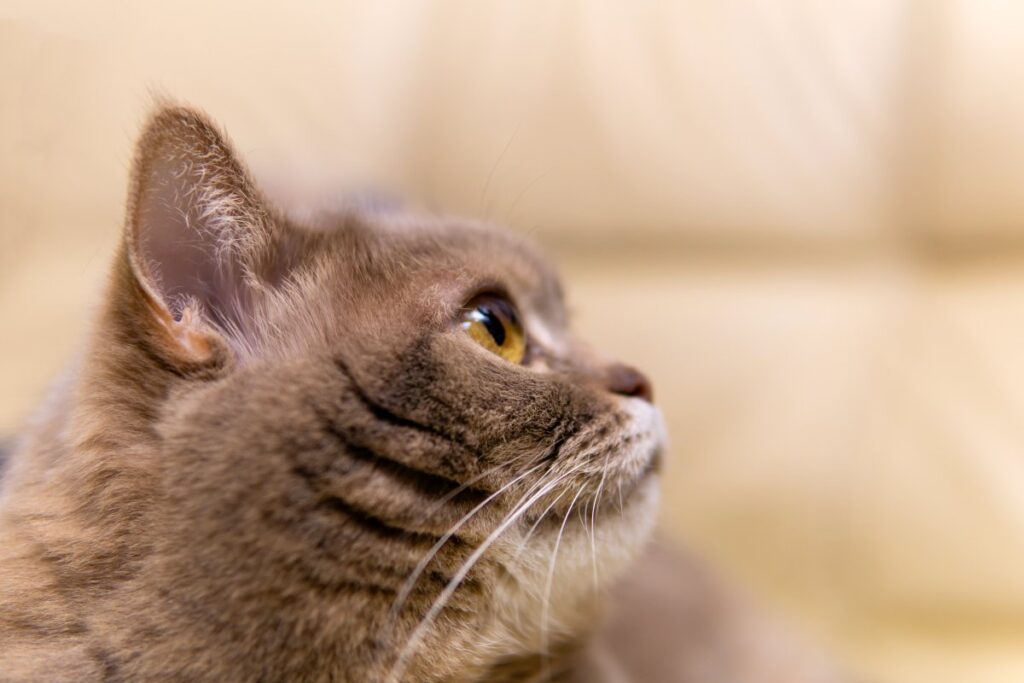
Suppose they were exposed mostly to a positive environment, looked after by humans, and treated like pets. In that case, it tends to impact their attitude and personality as they grow older positively.
Hence, it is better to consider genetics and early exposure, both crucial factors in forming a cat’s personality. The cat’s attitude doesn’t always have to be passed on or the same as its breed, but it can also result from trauma or being used to a lot of affection and activities.
Five Feline Traits In Cats
According to a study by the American Veterinary Medical Association, there are five feline personality traits and behaviors found in cats. These are as follows:
1. Neuroticism
This trait helps reflect on the anxiety, insecurity, and suspicion that a cat’s attitude represents. It includes fear of people as well.
2. Extraversion
This is the trait found in cats. These usually include being vigilant, curious about things, smart and inventive, extremely active, and all about physical activities.
3. Dominance
This trait includes the power of holding something over others, including bullying and aggression towards other cats.
4. Impulsive
This trait in cats normally includes being extremely reckless and erratic.
5. Agreeable
This trait includes being friendly and gentle and highly affectionate as well.
These feline traits found in cats usually are passed down through generations, hence associated with the breeds. However, different types of exposure in the early ages sometimes contribute to these traits as well.
The Adventurous Cat Breeds And Their Traits
These breeds and the cat’s attitudes are associated with one another in very relative terms. Most of these breeds are known as adventurous because of their personality traits being the same.
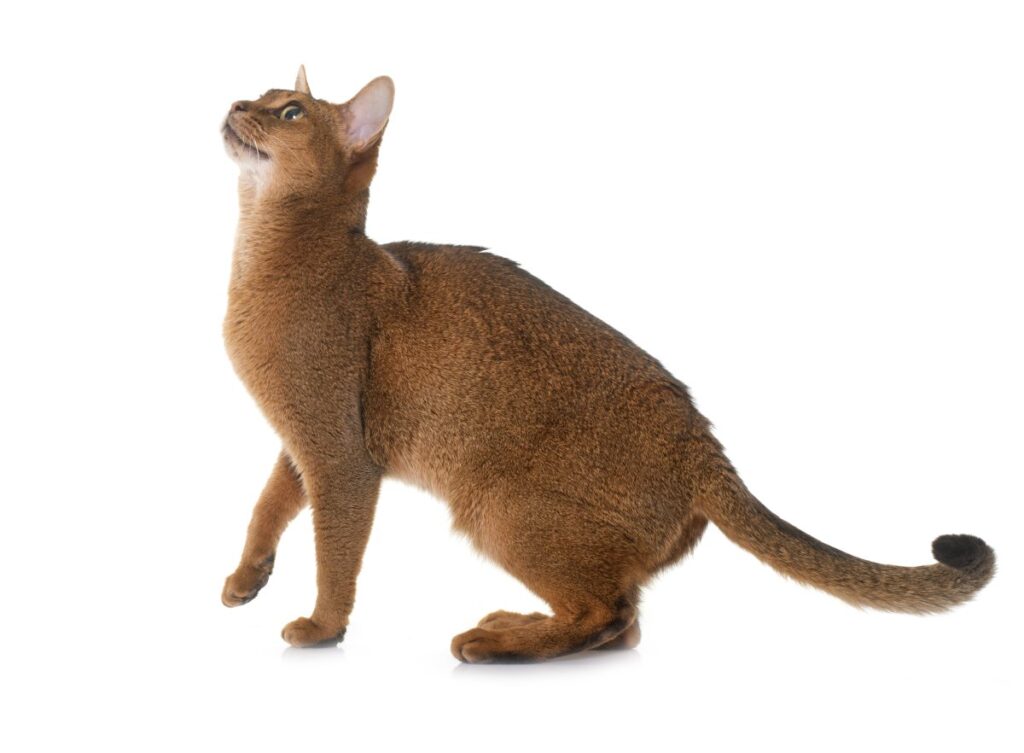
1. Abyssinian
This breed consists of the cat’s more purposeful, affectionate, extremely energetic, and intelligent attitude. These cats are full of energy and tend to be adventurous.
2. Bengal
This breed includes curious, energetic, and athletic cats, but they require simulation, mentally and physically.
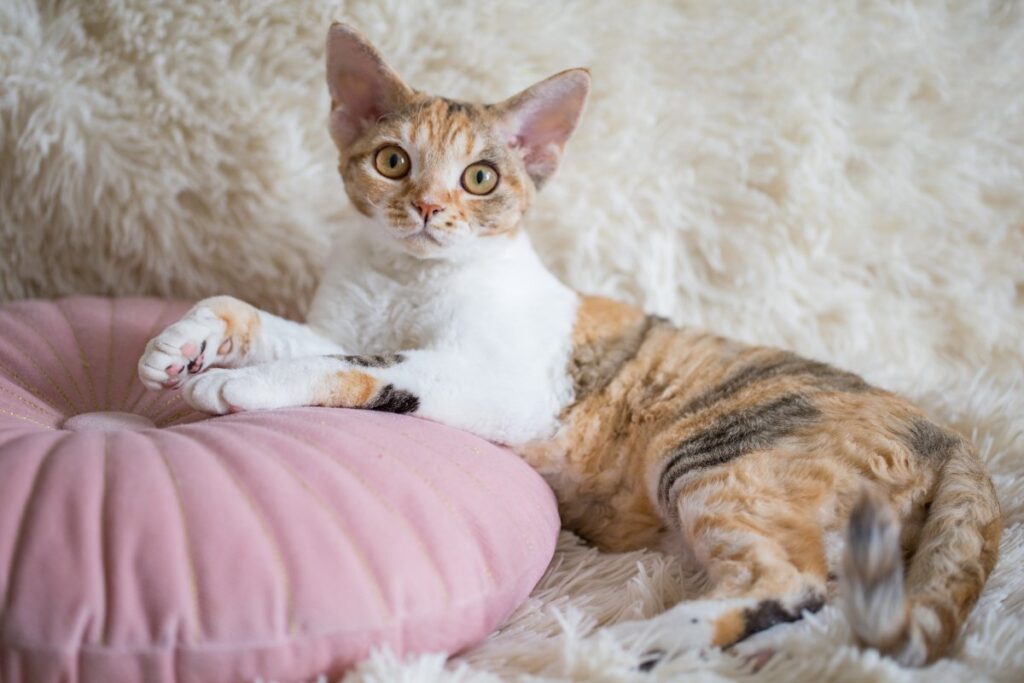
3. Devon Rex
This breed of cats has a very pixie-like personality as well as appearance.
4. Ragdoll
This breed of cats has excessive amounts of energy within them, and they tend to be extremely curious as well.
5. Siamese
This breed of cats has a very vocal and determined personality, and they tend to be affectionate and social.
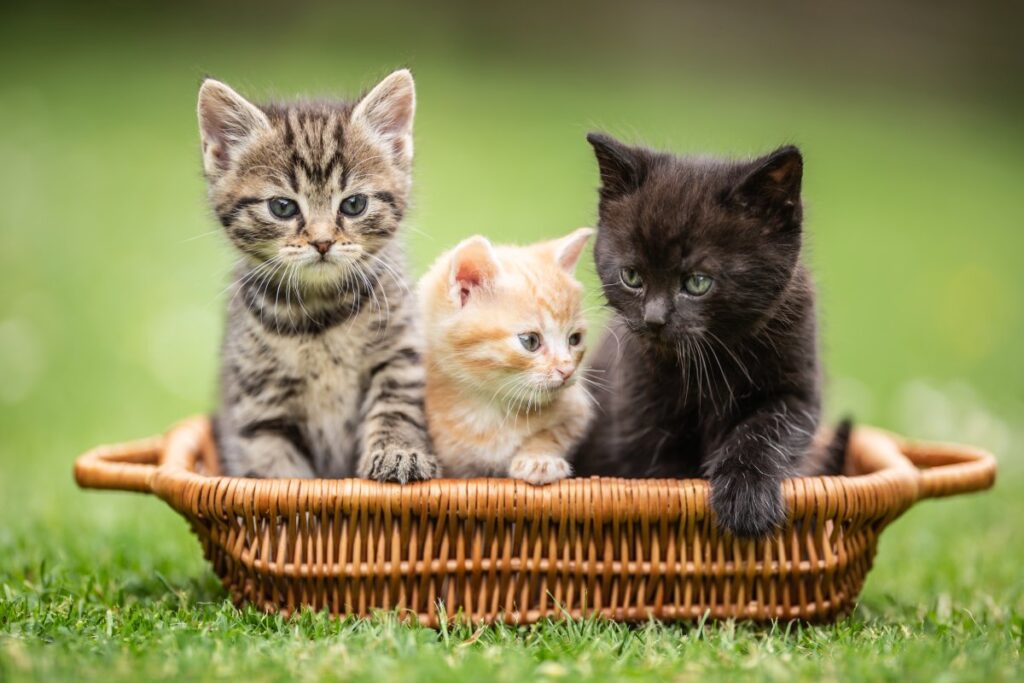
Coats colors and personality traits
It is essential to know that cat owners usually think that the coat colors of cats help in predicting the cat’s attitudes and personality.
However, there is no evidence for this claim, but it is also seen that a cat can produce kittens that look the same and share many personality traits.
Conclusion
Conclusively, it can be said that cats’ attitudes for sure can be associated with their breed type. Still, it should be noted that that isn’t the only explanation for certain types of behavior. A cat can face a lot of things during the early experiences, because of which it might mold itself into a complete opposite from its breed types. However, in terms of a few traits, specifically activity and adventure, a cat’s attitude is closely related to its breed.

